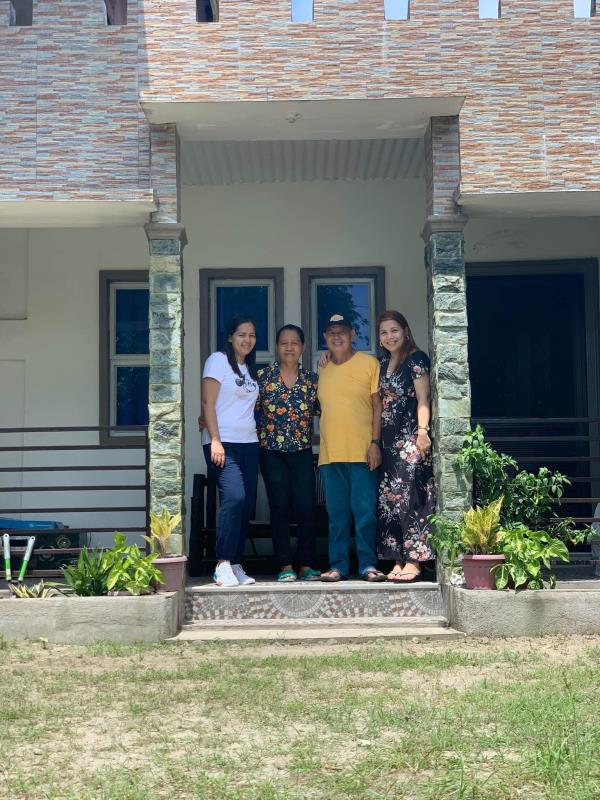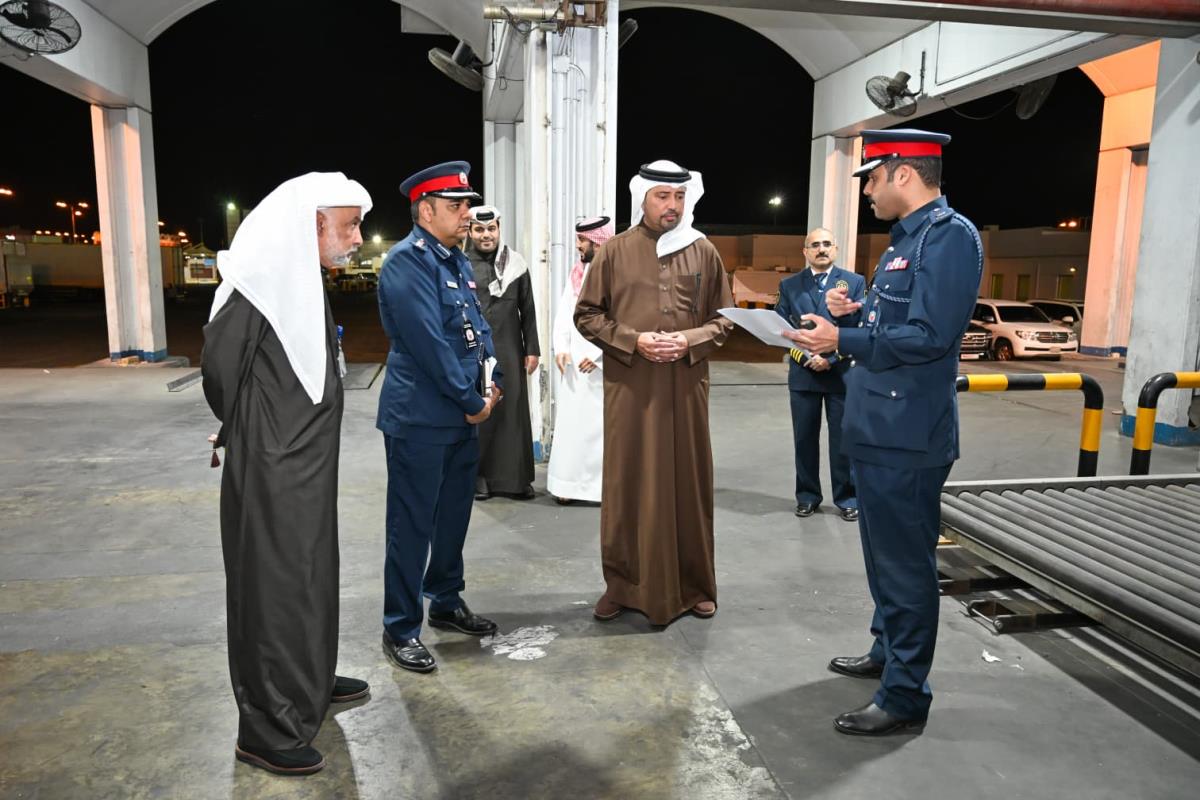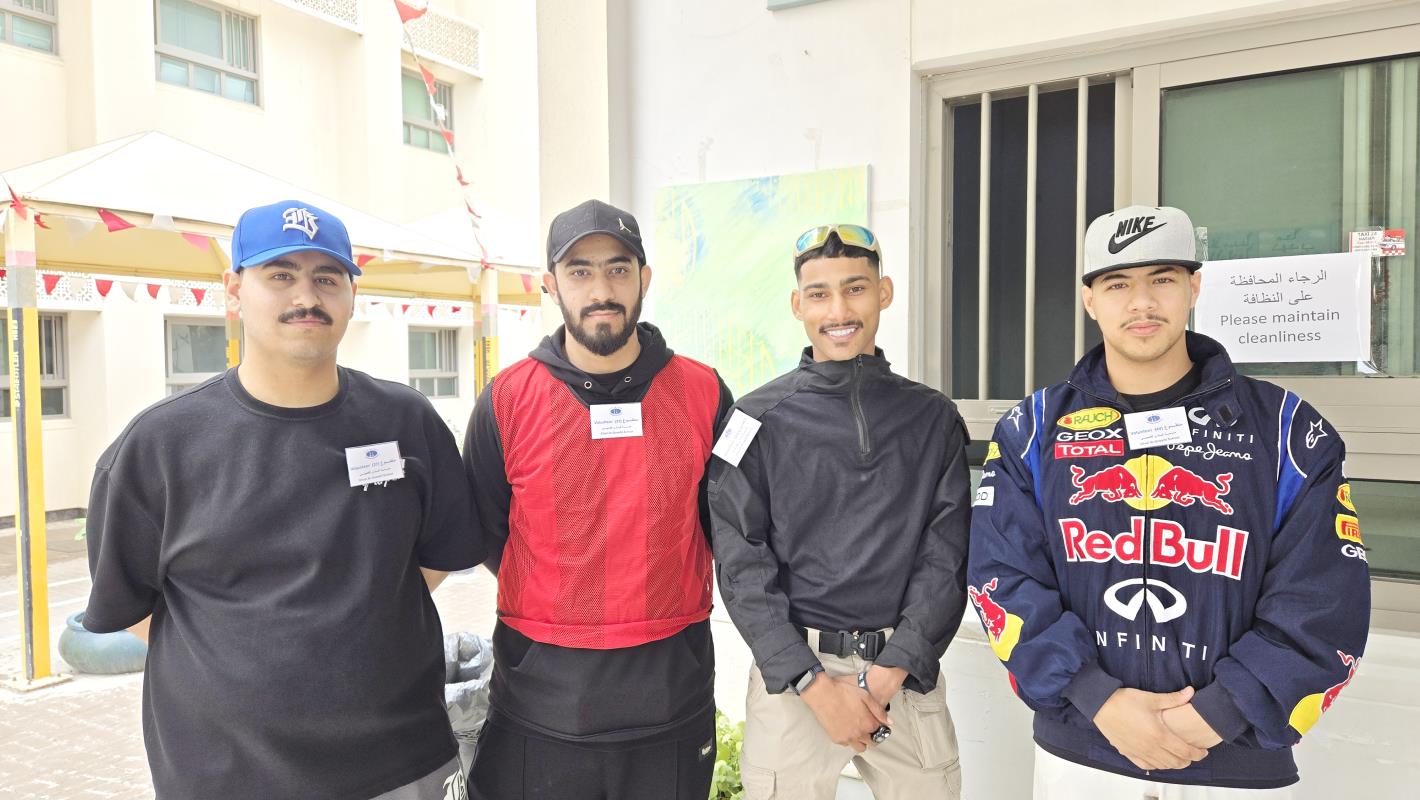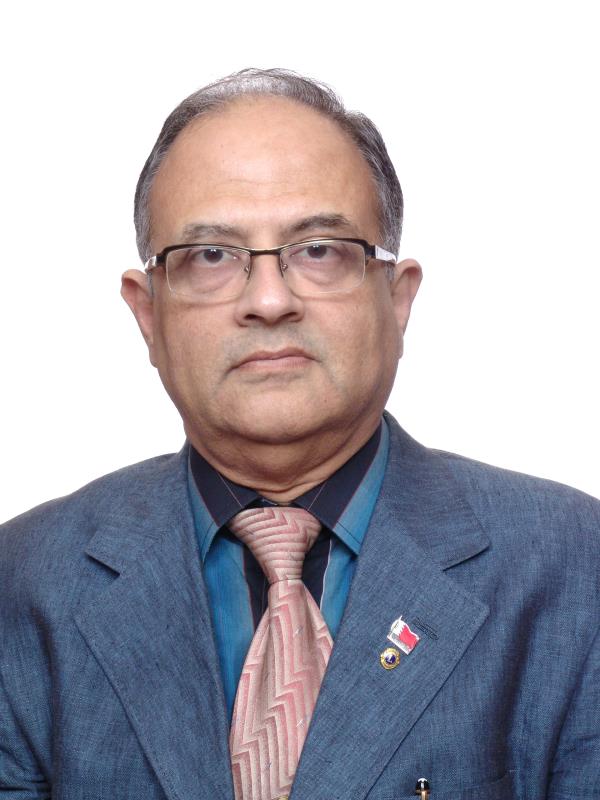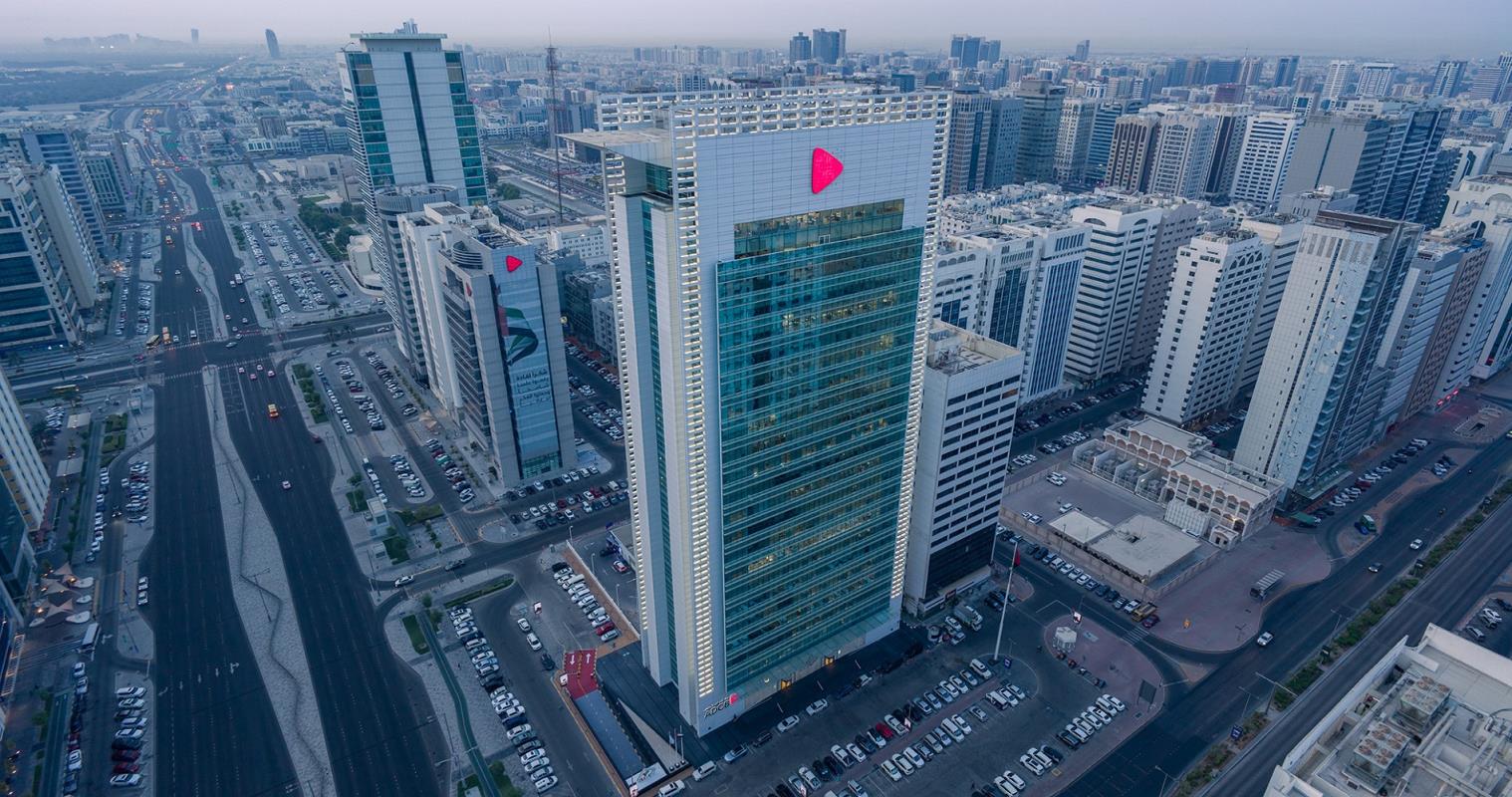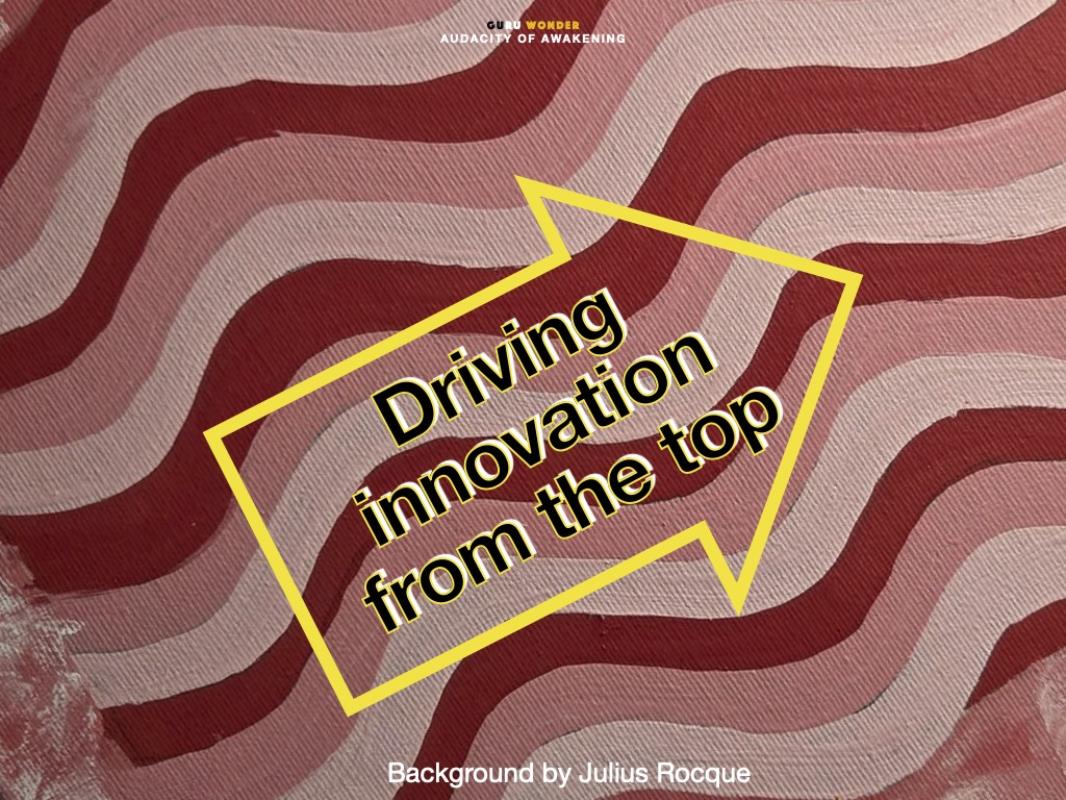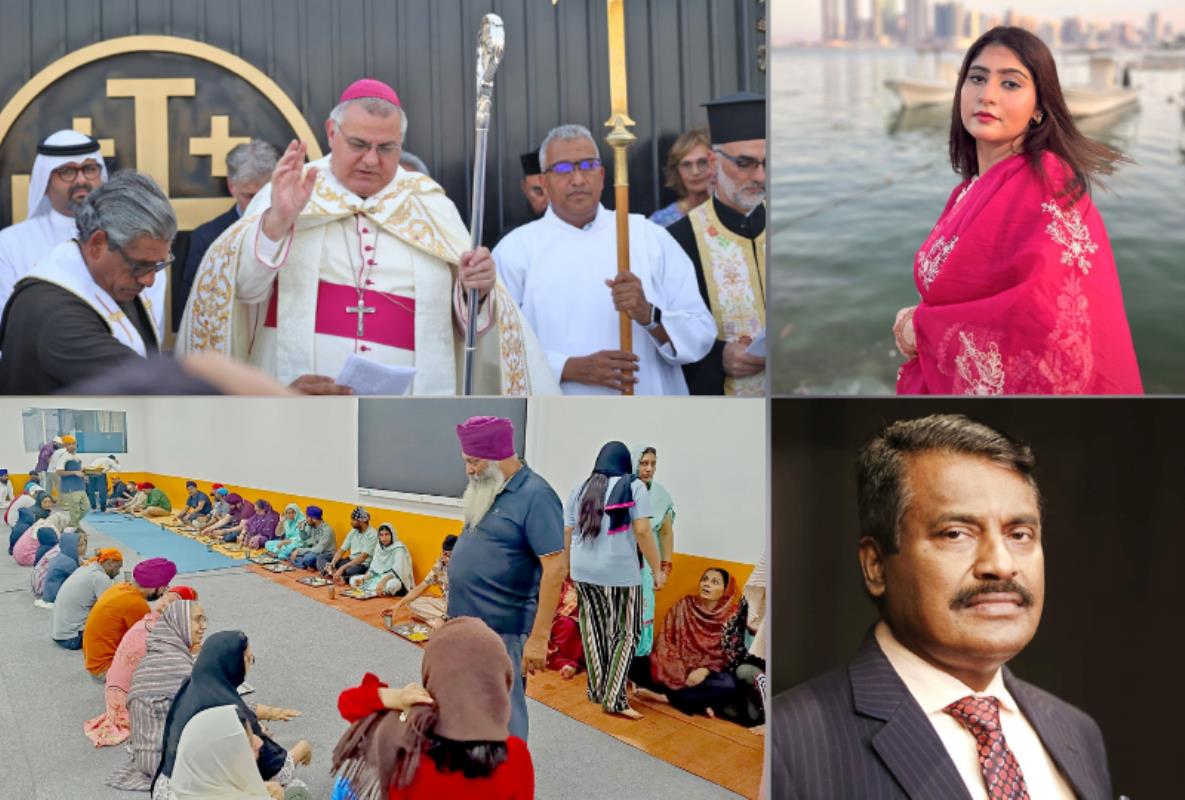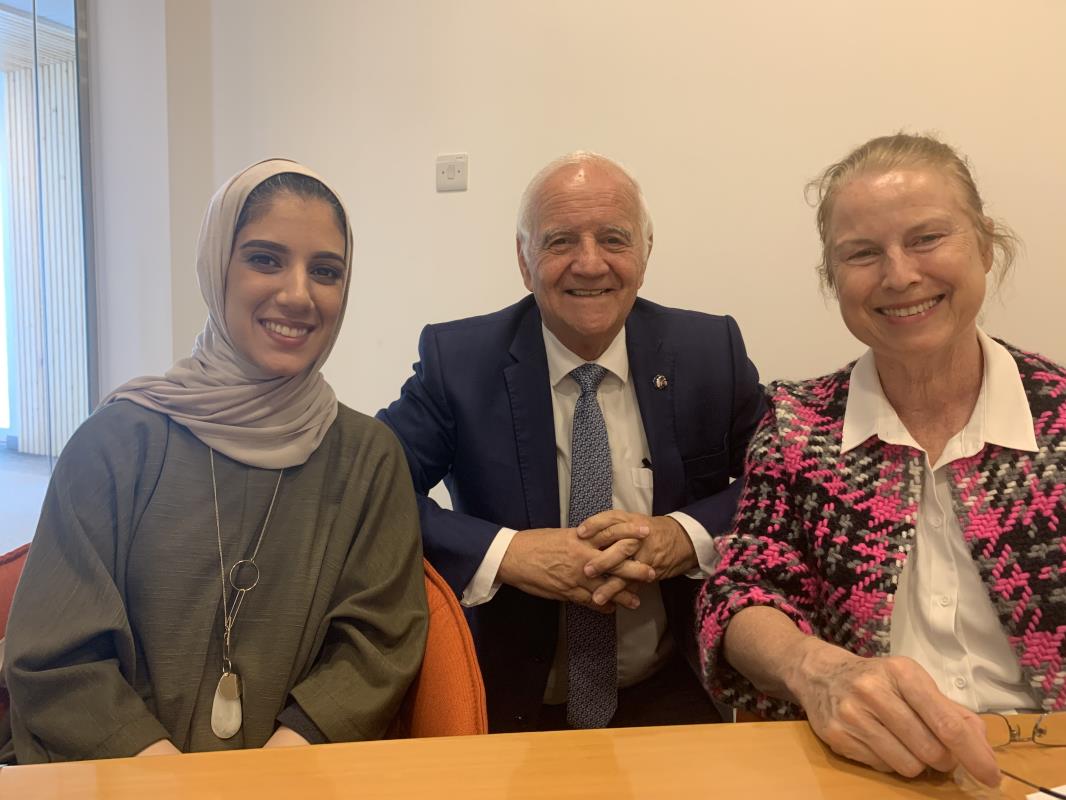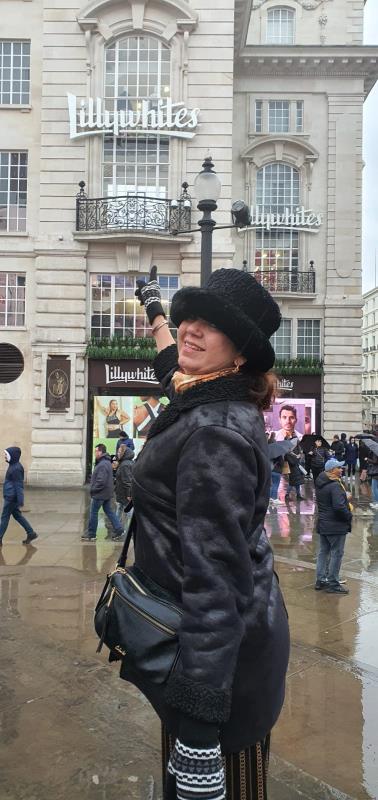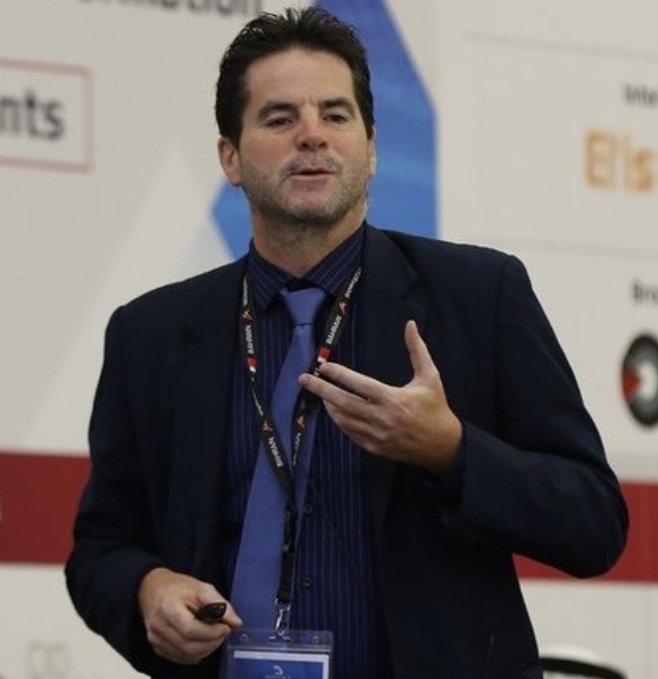Inequality in cancer care is costing lives – that was the stark message delivered at a webinar today (Tuesday, February 1st) by leading figures in the global fight against cancer.
Organised by the Swedish Institute for Health Economics (IHE), the world-renowned healthcare research organisation, in conjunction with the Pharmaceutical Research and Manufacturers of America (PhRMA), the online session was hosted to discuss the findings of an IHE report on the cancer care landscape in nine countries in the Middle East and Africa (MEA), with the report being released on February 4th to mark this year’s World Cancer Day.
Participating in the event were HRH Princess Dina Mired of Jordan, Immediate Past President of the Union for International Cancer Control (UICC); Fadia Saadah, Human Development Director for the World Bank’s Europe and Central Asia Region; Thomas Hofmarcher, Health Economist at IHE; Samir Khalil, Executive Director for PhRMA Middle East and Africa; and Ahmed Hassan Abdelaziz, Clinical Oncologist at Ain Shams University, Cairo.
“We need to rethink our health systems, reimagine them and make them not only more efficient but “patient-centered”. If you design policies from now having the foundational principles of equity, of no discrimination, coupled with tools that can reallocate money, then this is when you can start to get your house in order. New reimagined health systems should be able to cover and protect all patients especially vulnerable populations who have so far been left behind. Having a chance for a cure from cancer should not be a question of geography, nor of income, nor of gender or race,” she said.
Fadia Saadah, in turn, highlighted the World Bank’s active role in promoting universal health coverage to ensure that people have access to the health care they need without suffering financial hardship, reiterating that this was central to achieving the World Bank’s twin goals of ending extreme poverty and increasing equity.
“The World Bank Group is committed to helping countries’ efforts to achieve universal health coverage through the creation of stronger primary health systems that enable the provision of high quality, affordable health services for everyone. Given the increasing burden of noncommunicable diseases (NCDs), it is important that health systems are able to provide the care needed for NCDs as we purse universal health coverage”.
During his participation, Samir Khalil identified a lack of access to innovative diagnostic and treatment options, along with changes in demography, as being major challenges that needed to be addressed in cancer care.
“The nine MEA countries that were addressed in this report comprise around 300 million people. With newly diagnosed cancer cases anticipated to almost double from 410,000 to 720,000 cases per year between 2020 and 2040, policy makers need to prepare their health systems to address the steadily increasing disease and economic burden of cancer. Innovative medicines can play a key role. To meet the growing needs, biopharmaceutical research companies are working to develop new and better tolerated treatments, with more than 1,300 medicines and vaccines for various cancers currently in development,” he said.
Despite the expected rise in cancer cases in the next two decades, Thomas Hofmarcher said that the future was not all bleak, describing a ‘demographic window of opportunity’ that comes from having a large percentage of the population in the workforce.
“Cancer is growing in all the countries in the Middle East and Africa that we looked at, with the numbers expected to increase much further in the next 20 years. However, not everything is dark. While it's true that the number of cancer patients will rise, at the same time the number of people of working age is increasing. That’s favourable for building a strong economy, meaning you can get the tax revenue that is needed to build a strong and resilient health care and cancer care system. There is opportunity in the next 20 years in all these countries to make good progress in cancer care,” he said.
Finally, giving a clinician’s insight on the barriers that exist to accessing cancer care, Dr Ahmed Hassan Abdelaziz said that political will was essential to deliver much needed change.
“I personally believe that there should be a strong will and desire on political backup, particularly in this part of the world, to make things realistic, practical, doable and to lead to tangible outcomes. I've witnessed over the past few years from my practice here in Egypt that many people in health care have the desire – the patients, the public, the professionals - but you don't see a really tangible outcome on the ground. We've only started to see this when we had a political support, when there was a really strong push in the direction of early diagnosis and early detection,” he said.
IHE’s report, which will be released on Friday, supports the World Health Organization’s drive for every country to create a national cancer control plan (NCCP), a public health programme designed to reduce the number of cancer cases and deaths and improve quality of life of patients living with the disease. The goal of an NCCP is to tackle cancer care by – among aspects - promoting prevention and the avoidance of cancer, improving screening and early detection, and identifying suitable funding sources to finance the plan’s activities. Ultimately, an NCCP uses evidence-based strategies to help a country tackle the burden of cancer and improve service delivery, regardless of any economic constraints it may be facing.















































